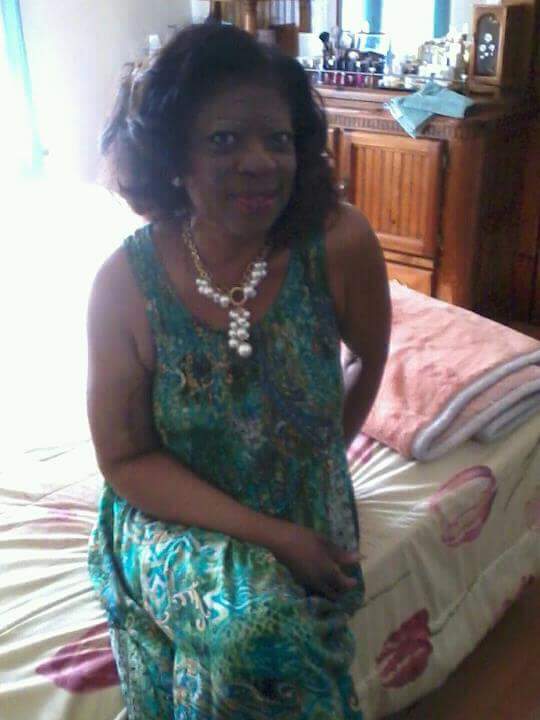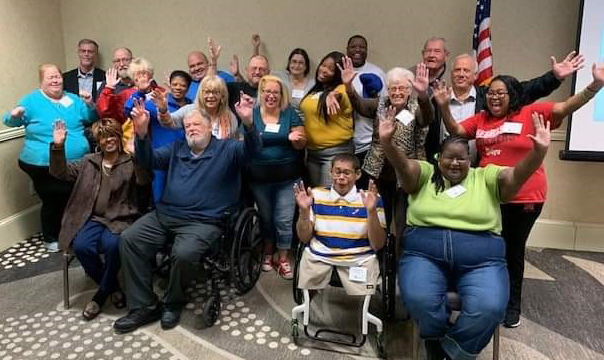March 18, 2020
When Barbara Briggs was placed on the transplant waiting list in 1998, she knew she would need dialysis to do the job of her failing kidneys while she waited for a transplant.
But that’s about all she was certain of.
Nobody told her what dialysis would feel like. Nobody gave her advice on what she should and shouldn’t eat. Nobody explained how she would have to change her routine to accommodate her four-times-a-day dialysis treatment.

She managed through it on her own, and at first, was even able to work while maintaining her treatment regimen. She had dialysis supplies delivered to her office and treated herself in the lactation room while new moms breastfed nearby. Her last treatment started right before bed, the machine shutting off automatically every morning at 3 a.m. More than two decades later, her body still naturally wakes at this time.
Eventually, though, the fatigue caused by the dialysis became too much and Barbara was forced to go on disability.
After two years of waiting, Barbara received her transplant.
The gift — her new kidney — came from a 17-year-old boy from New York. Barbara wrote to his family to thank them but has never heard back. Still, she says a prayer for them every day.
With newfound health, Barbara was able to work again, eventually retiring from the Department of Defense.
Five years after her transplant, an error in the medication provided to Barbara landed her back on the waiting list. A match would be harder to find this time; Barbara’s body had built up antibodies from her first transplant.
She started dialysis again, this time waiting nine years to receive the call that a new kidney was available. But there was a twist. The kidney, Barbara’s transplant surgeon said, was labeled “high risk.”
A high-risk organ might come from a donor living with a disease or someone who was incarcerated. Barabara weighed her options, prayed, and ultimately decided the benefit outweighed the unknown.
She chose wisely.
Barbara’s doctor said the kidney was made for her. “It grabbed on right away,” Barbara said.
Today, Barbara’s fear and uncertainty are gone.
Thanks to her donors, she’s able to live a full, healthy life and give back to her community and others facing dialysis and transplant.

“I read, drink tea and do whatever I feel like doing. And I’m happy,” said Barbara.
Doing whatever she feels like can mean a lot of things, from spending time with her children Joey and Michaela, to volunteering in her church and sorority or serving on the patient advocate committee with the Heartland Kidney Foundation.
She also encourages others to consider organ donation.
When someone asks Barbara how she’s feeling, she reminds them she’s doing well because of someone else’s generosity.
“We have so many people out there that need kidneys,” she said. “If you can be a donor, please do so.”

